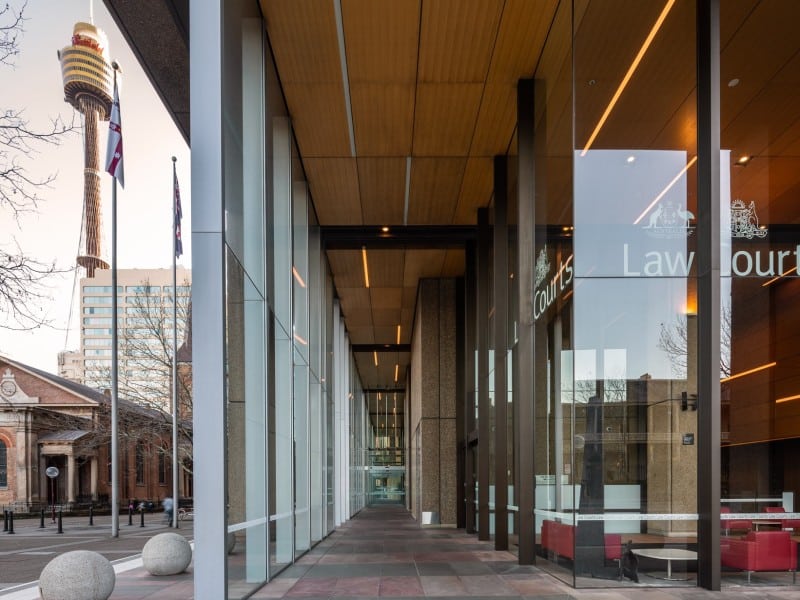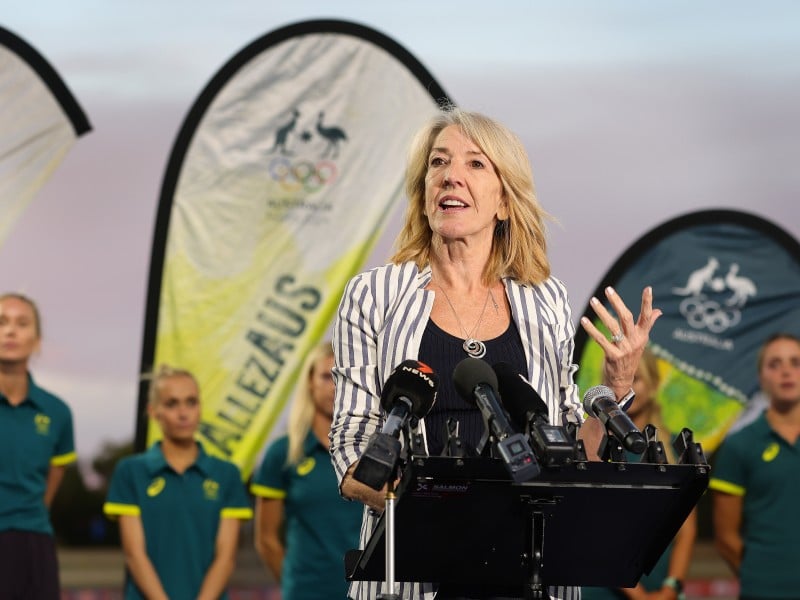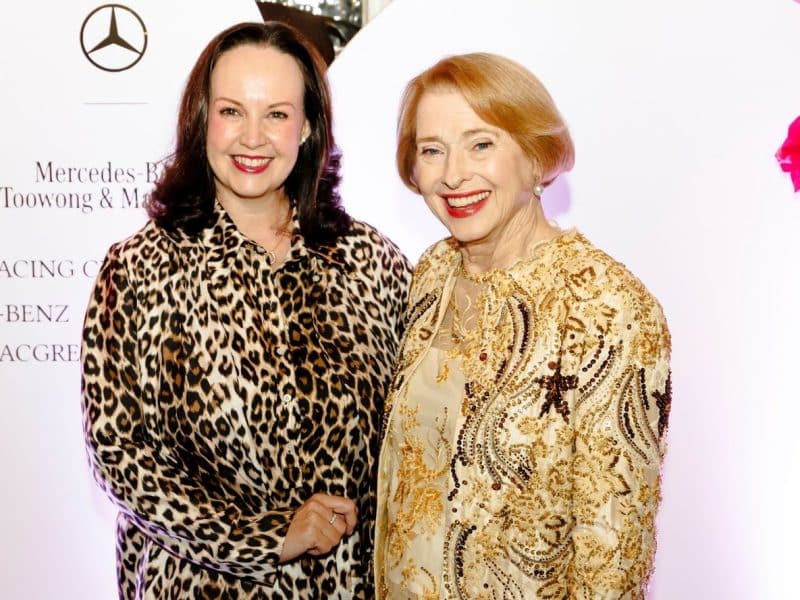Waterhouse calls for Racing NSW reform as inquiry hears of witness warnings
Hall of Fame trainer Gai Waterhouse has used her appearance at the Rosehill parliamentary inquiry to call for change in the leadership at Racing NSW, while fellow trainer John O’Shea has revealed he was pressured not to appear before the hearing.
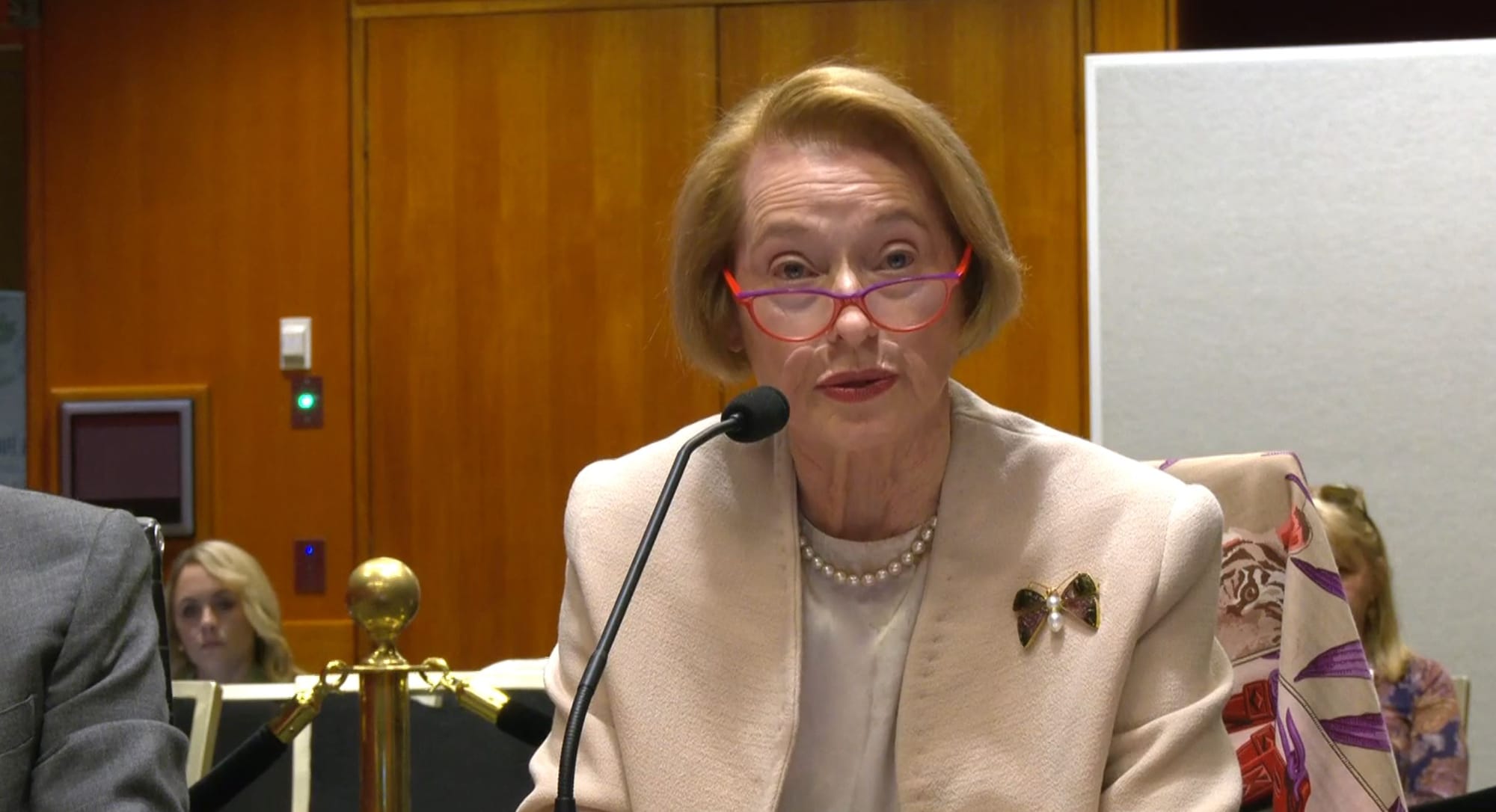
An extraordinary opening to the first day of public hearings by the Select Committee on the Proposal to Develop Rosehill Racecourse in the NSW Upper House saw Waterhouse, one of the highest-profile figures in Australian racing, set out her case against the Australian Turf Club’s proposal to close, redevelop and sell of Rosehill.
But while the ATC board and executive drew scrutiny during the in-person submissions of both Waterhouse and O’Shea, Waterhouse was asked directly by Committee member and Animal Justice Party MP Emma Hurst whether it is time “for a new CEO within Racing NSW”?
“I think there’s time for change and we wouldn’t be here today if there wasn’t because things aren’t right in the state of Denmark,” Waterhouse said.
“That’s your problem. There are things that are very, very wrong here and we have to, well you have to address them. That’s why we’re here today.”
In reply to the same question, O’Shea said he wasn’t going to discuss the tenure of the CEO of Racing NSW, Peter V’landys. However, he did later say he was in favour of reviewing the funding mechanism of racing.
“As Gai’s submission suggested and mine, was that the money from betting is going to the regulator, not the clubs. The clubs produce the product. The clubs produce the training,” he said.
“All the horses are trained at the clubs. The regulator makes no contribution to the training of horses in the state and yet the betting comes from the horses that race. So, the clubs are the ones who are being left without funding as a result.”
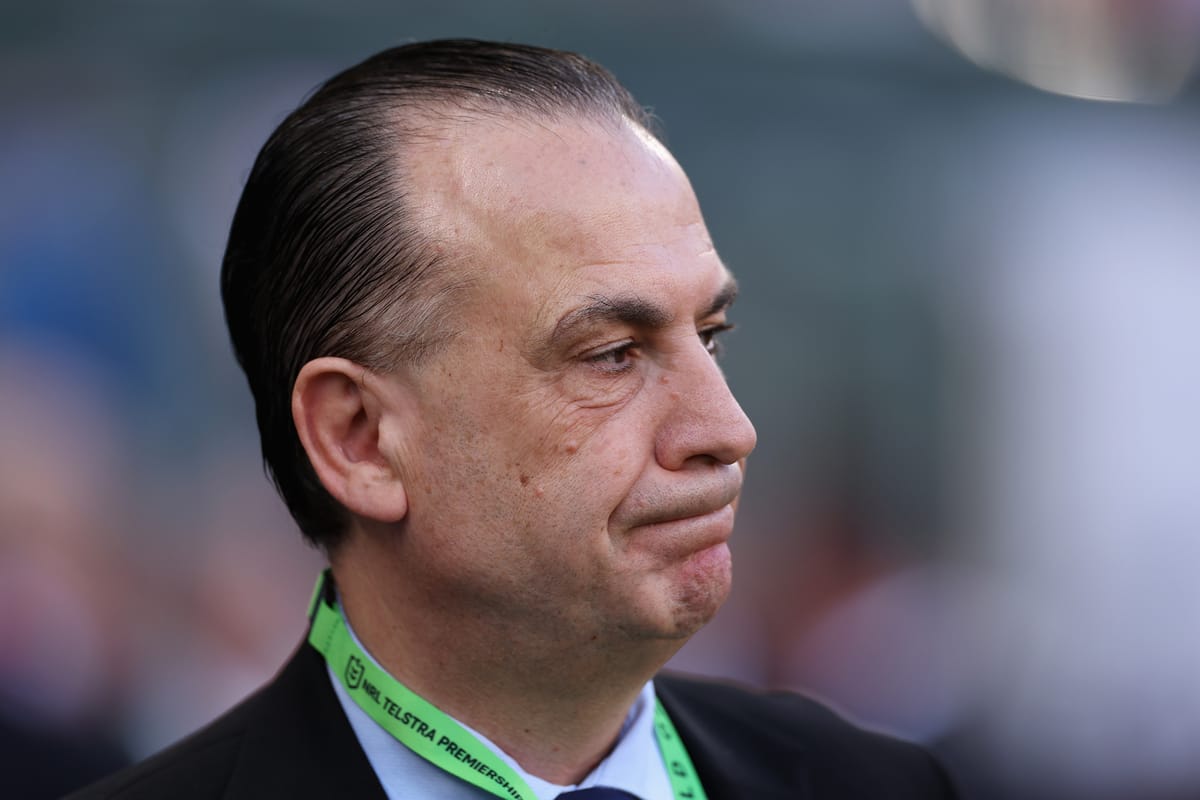
In another major development, both trainers were asked whether they were approached by others and asked not to appear before the hearing.
“I’d say that both of us have had people represented from afar to suggest that it wouldn’t be in our best interest to attend,” O’Shea said.
“I don’t know where it came from, but I’ve definitely had phone calls from people that I shouldn’t attend.”
Update from @TheStraightX’s Bren O’Brien about @GaiWaterhouse1 and @JohnOSheaRacing’s appearance at the public hearing of the parliamentary inquiry into the ATC’s proposal to redevelop Rosehill. pic.twitter.com/3FCL93n7lf
— The Straight (@TheStraightX) July 22, 2024
That drew a significant reaction from independent MP Mark Latham who suggested that such actions would represent a “serious breach of parliamentary privilege”.
“It’s a very serious matter to urge someone not to appear at a parliamentary committee. It’s more serious than urging someone not to appear in a court of law,” Latham said.
O’Shea was offered to provide further evidence in a closed session but said he did not want to expand on the matter.
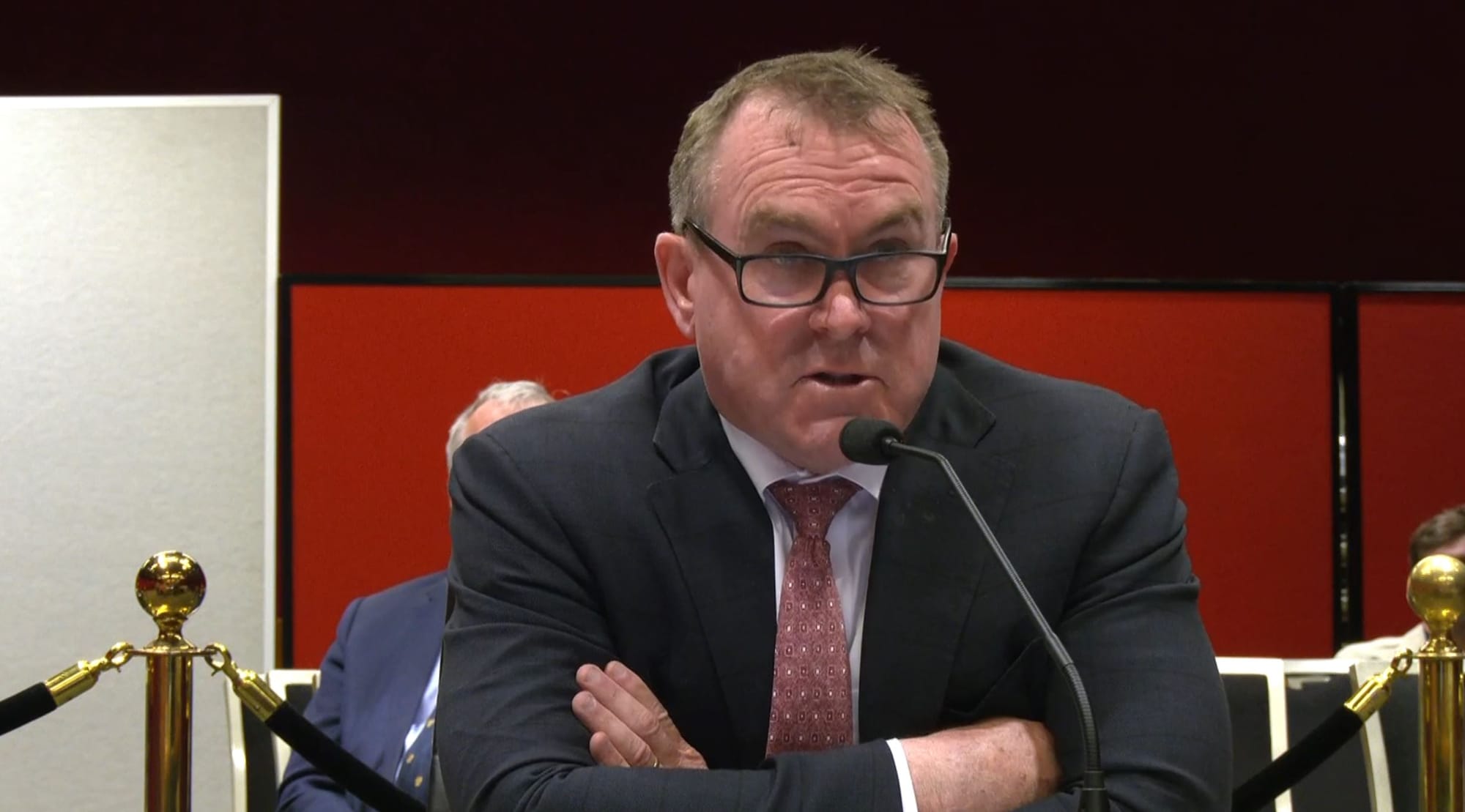
Waterhouse was also asked if she was pressured not to speak.
“I’m here because I was asked to come and I’m very pleased to be here to state the case of the licensed people and the members. But I think there are others that may have had pressure on them,” she said.
The Committee resolved to discuss the matter further in a closed deliberative session.
Waterhouse’s initial submission set out her objection to the Rosehill proposal saying she was incensed at the attempt to sell the western Sydney racecourse.
“I think there’s time for change and we wouldn’t be here today if there wasn’t because things aren’t right in the state of Denmark” – trainer Gai Waterhouse
She also set out that the current funding model, which has placed the ATC in financial peril, was at the heart of the issue.
“It has been asserted by Racing NSW that any proceeds of the sale of Rosehill are industry’s money. In other words, they belong to Racing NSW. This is outrageous,” she said.
She said the issue surrounding Rosehill could be easily resolved by a vote of members.
“If they put it to the members now to have a vote … of course. I’ve been to all their meetings and I can tell you it would be overwhelming, ‘please, do not sell this’. We are totally and completely against it. We are against the sale of Rosehill.”
When asked about her relationship with V’landys, Waterhouse said it was ‘cordial’ but was less kind about whether she had any contact with the board of Racing NSW.
“No, no one would know who they are because they never attend the races,” she said.
“You never see them. You never see them on the race tracks or at the training tracks. They’re a headless group of people, poor things.”
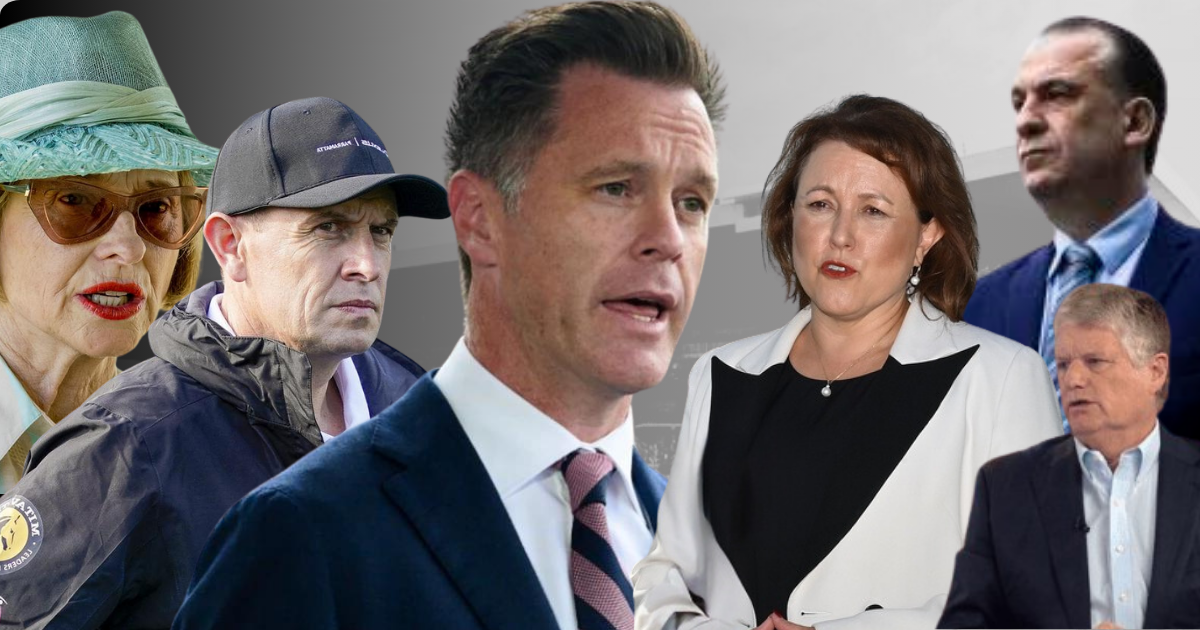
O’Shea, who like Waterhouse is based at Randwick, was similarly strong in his opposition.
“To close Rosehill would mean we would be left with only one track that is capable of holding elite racing, and as a result would take a massive step backwards, considering our Victorian counterparts have three tracks of this quality,” he said.
“We need to have the best facilities where racegoers and investors want to go.
“Rosehill is essential to that strategy, as it is the geographical centre of Sydney. Every sporting franchise in this country is trying to gain a foothold in the west of Sydney, and racing already has it. So, it would be strategic suicide to sell our most valued asset.”

O’Shea also turned his focus to the current funding model which has caused such significant challenges for the ATC.
“The distribution mechanism is not helping to support the industry in its growth. As well as having strong prize money, it is essential that we have good facilities to race and train on,” he said.
“It frustrates me to say NSW has fallen behind Victoria in its investment and infrastructure and facilities.”
Hamish Esplin, President of Thoroughbred Breeders NSW, spoke in the afternoon session and revealed that ATC chairman Peter McGauran had petitioned him to support the extension of then Racing NSW chairman Russell Balding’s tenure late last year.
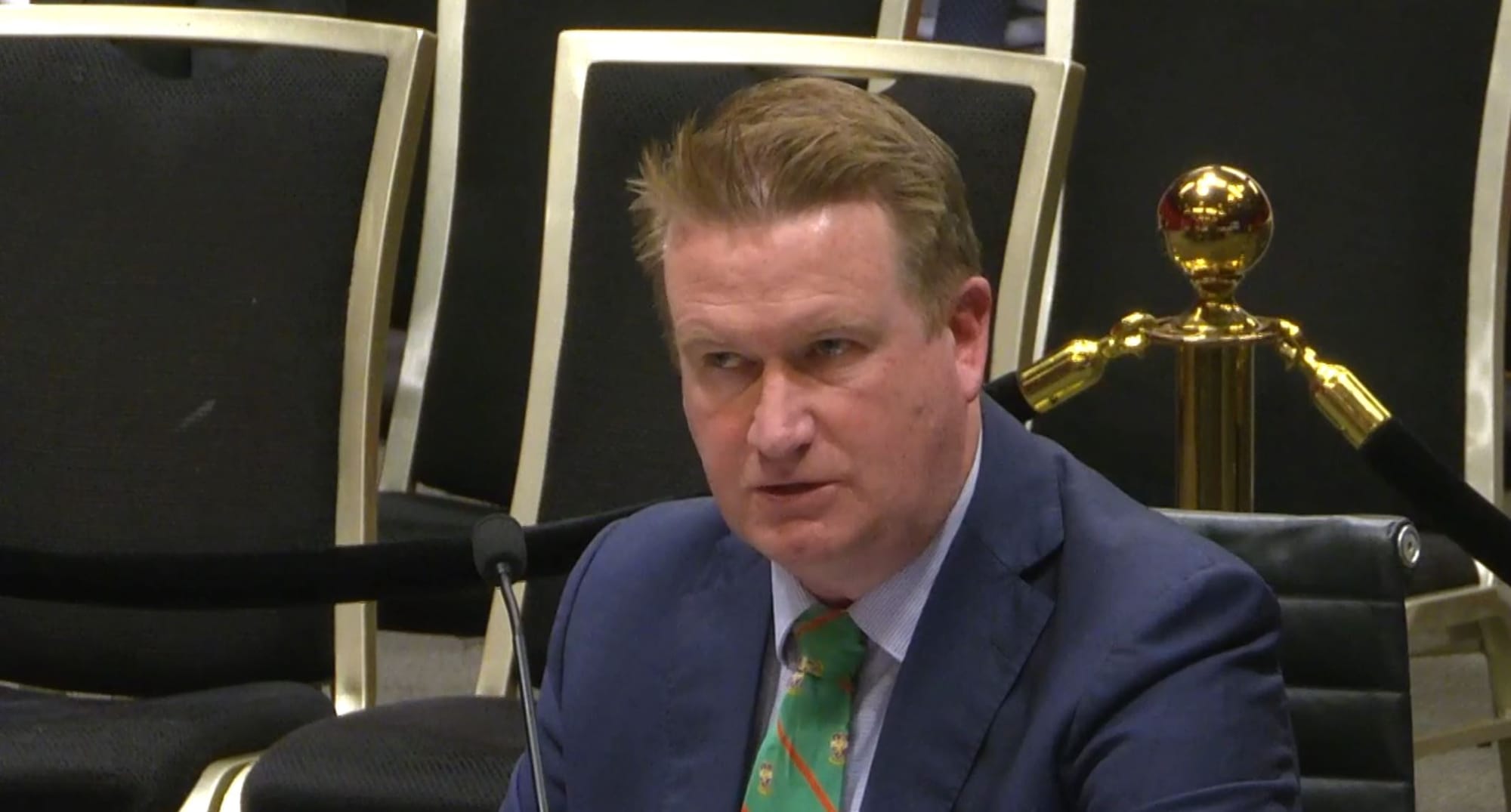
TBNSW had objected to Balding’s previous extension and retained its position despite McGauran’s overtures.
Esplin said he felt in a general sense, that Racing NSW had become too powerful and the Committee should consider reviewing the transparency requirements on the racing regulator.
Earlier, former Australian Jockey Club chairman David Hall set out his concerns about the Rosehill process, with evidence that the ATC executive led the initial conversation with government without speaking to the full ATC Board first.
“It is appalling governance. The executive have to act in accordance with the board. It is not the right of the executive to make decisions without board approval and board support on issues of this significance,” Hall said.
Hall, who holds a fellowship with the Institute of Chartered Accountants and has also been involved with the Australian Institute of Company Directors, also took issue with Racing NSW’s approach to its financial reporting.
“The Racing New South Wales annual report is appalling. It certainly doesn’t comply with ASX standards of presentation and detail, nor general accounting standards and annual report and governance. It is really a closed, hidden shop and all the comments you make there are part of that,” he said.
Representatives of the NSW Owners Association as well as from western Sydney based business lobby groups addressed the Committee, along with anti-racing group, the Coalition for Protection of Racehorses.



